Application Ranges of Composting-free Technology
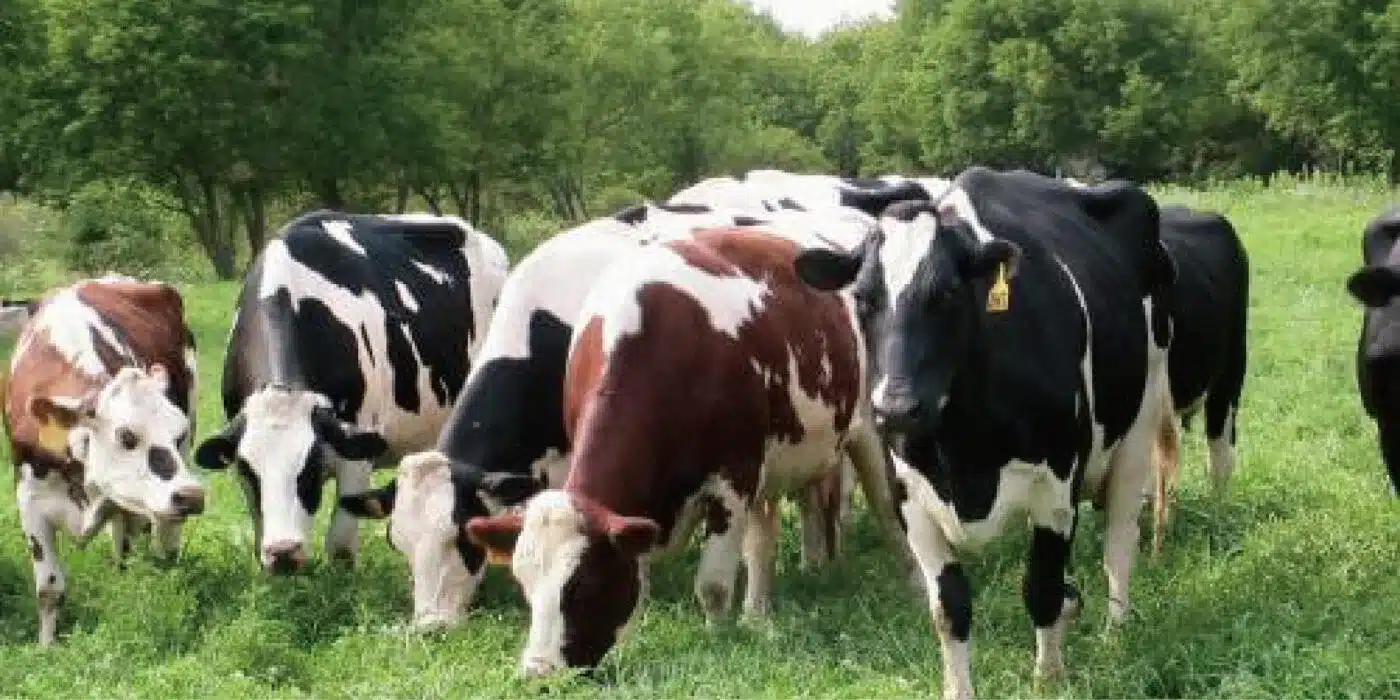
Organic wastes from various sources can be treated with composting-free technology. These include organic refuse from gardens, playgrounds, lawn clippings, vegetable residues, mushroom houses, forestry, livestock industries, aquaculture farms, fish farms, and more.
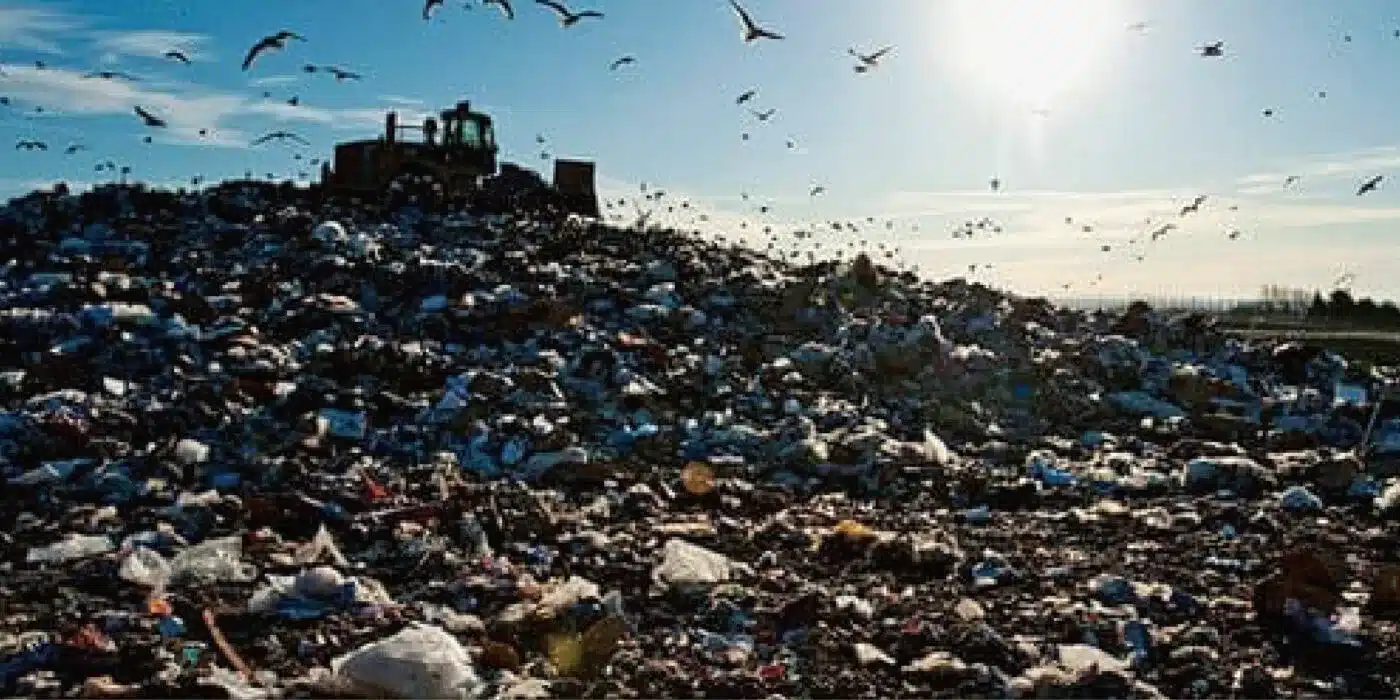
Daily organic wastes include organic waste generated from households, municipalities, military installations, societal organizations, motels, restaurants, schools, and prisons.
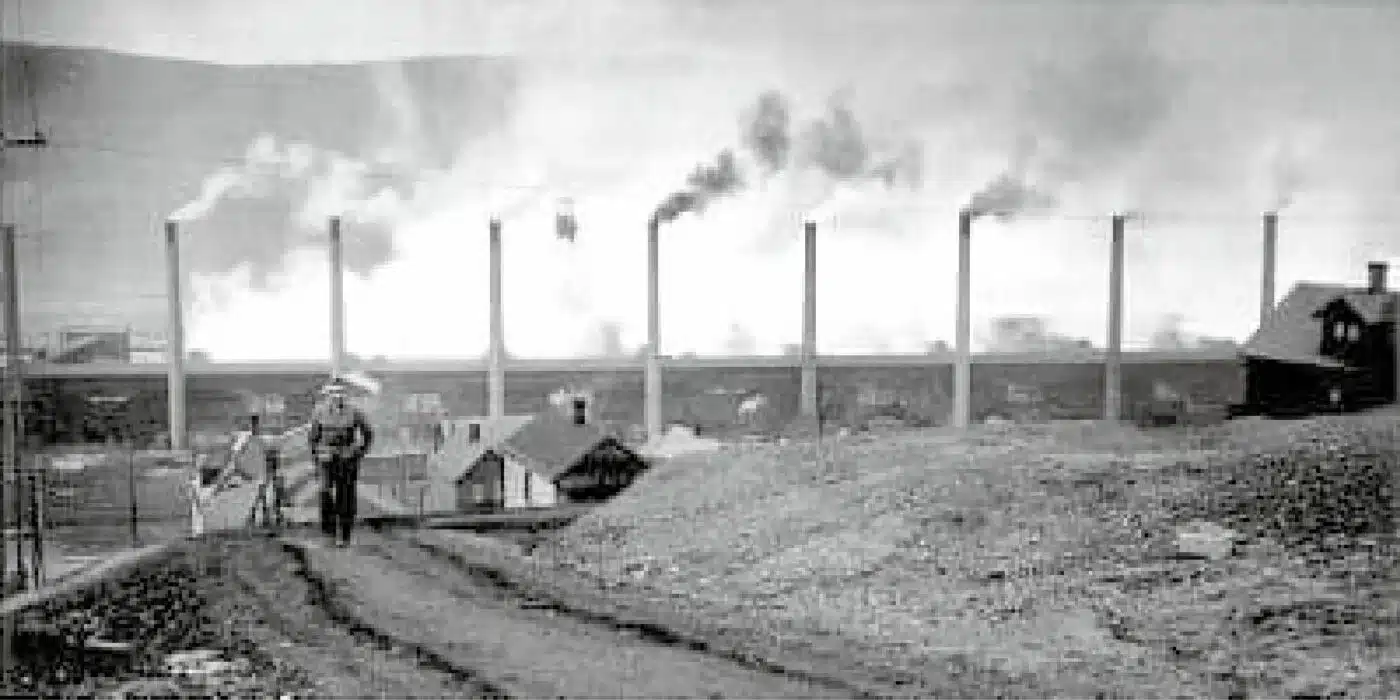
Industrial organic waste refers to organic waste generated from various industries such as food processing, wineries, slaughterhouses, markets, hospitals, hotels, pharmaceutical plants, pulping, and mud and leather manufacturing.
Market Analysis
Avantanges
Advantages of CFT in Environmental protection
Fast treatment: the process is quick (3 to 24 hours) and highly efficient, resulting in less energy consumption and lower costs.
Space requirement: the composting-free technology has a small footprint and requires only 1800 square feet to treat 3000 liters of waste.
No secondary pollution: the process does not produce any wastewater, odor or hazards, making it environmentally friendly.
Reduction in problematic treatment methods: the composting-free technology reduces the need for landfill, incineration, and traditional composting methods, which can be problematic and contribute to pollution.
Reuse of organic waste: the end product of the composting-free technology can be used as fertilizer or animal feed, providing a useful and sustainable way to manage organic waste.
Advantages of Composting-free Technology in Agriculture
End product is soil conditioner, which improves soil physical, chemical and biological properties, in addition to soil fertility.
Supplies plant nutrients and increases crop production.
Reduces the chemical fertilizer inputs.
Product can be used as animal feed additive to increase nutrition and as feed supplement.
Decreases overall production cost.
Prospects of Composting-free Technology
Marketing Prospects
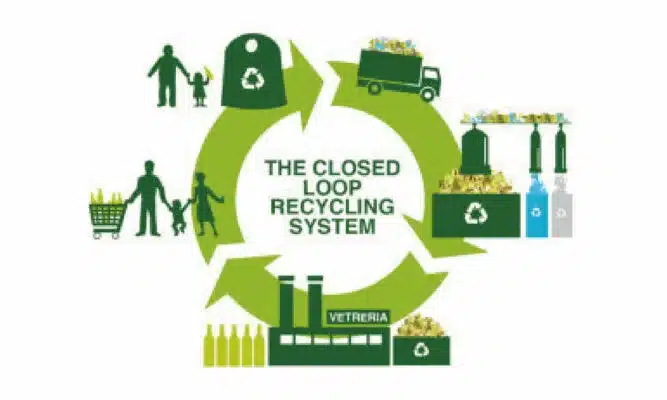
Organic wastes from various sources can be treated with composting-free technology. These include organic refuse from gardens, playgrounds, lawn clippings, vegetable residues, mushroom houses, forestry, livestock industries, aquaculture farms, fish farms, and more.
Environmental Prospects
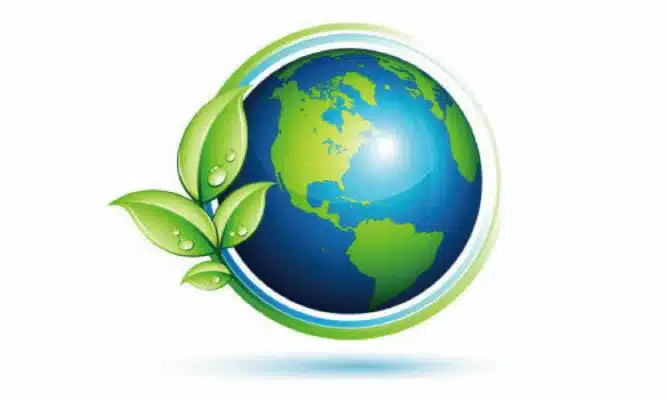
Composting-free technology quickly treats organic waste with zero pollution. All types of organic wastes can be successfully processed with modified devices to accommodate various conditions. Composting-free technology is suitable and adaptable for all types, stages, and capacities of organic waste.
Industrial Prospects
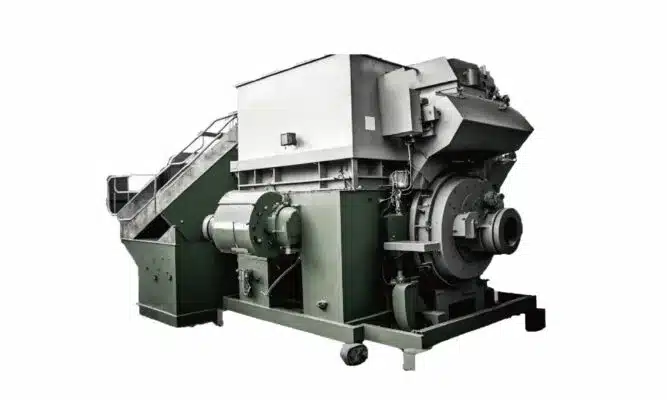
Different factories and industrial parks generate various types of waste. These wastes can be easily integrated and treated by our Composting-free technology and devices, which are designed to handle different kinds of waste. This will reduce costly labor and save time.
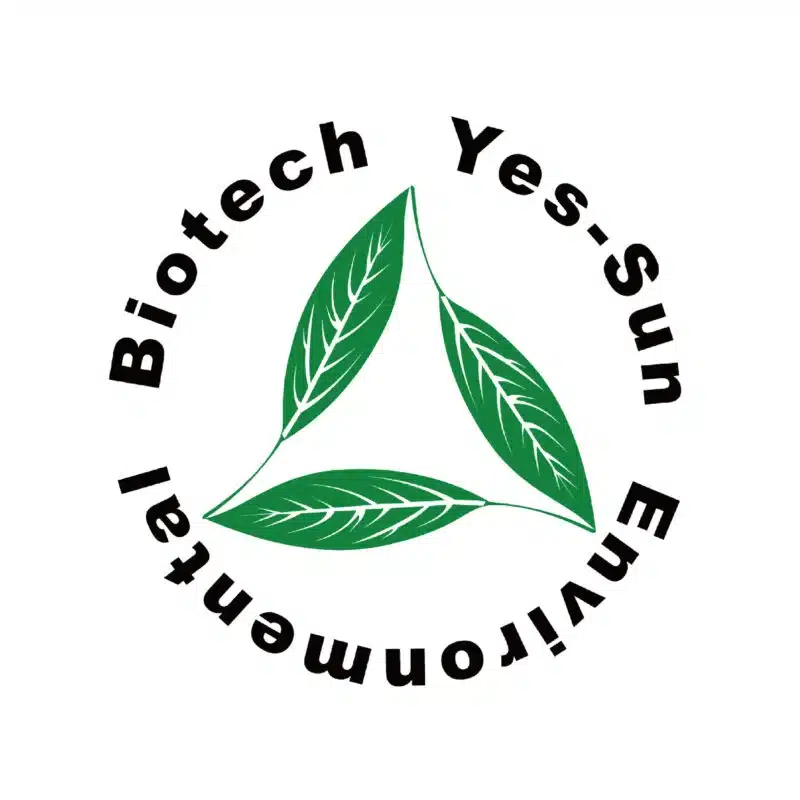


 中文 (台灣)
中文 (台灣) Bahasa Indonesia
Bahasa Indonesia Tiếng Việt
Tiếng Việt Bahasa Melayu
Bahasa Melayu Français
Français Español
Español Português
Português